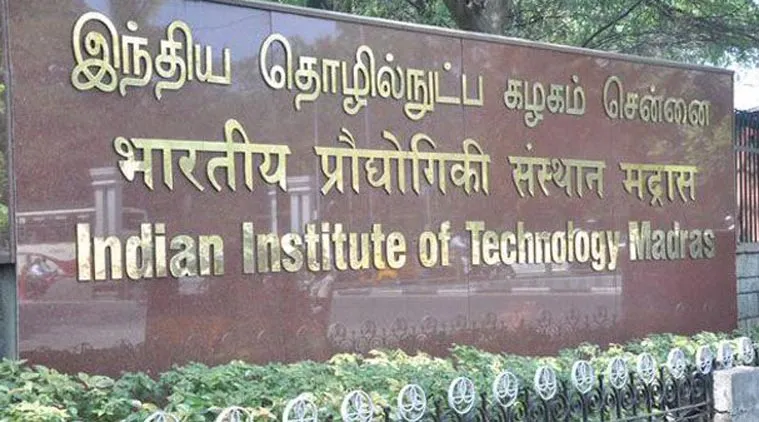The centre will work on research in deep learning, reinforcement learning, network analysis, interpretable machine learning and domain aware AI. It will also create a portal of curated, India specific data sets that are easy to access and interpret through a set of open tools and interfaces

The Robert Bosch Center for Data Science and Artificial Intelligence (RBC-DSAI) has been inaugurated at the Indian Institute of Technology (IIT) Madras today, February 6 2019. Bosch will invest Rs 20 crore over five years in the centre that aims to work on multidisciplinary interactions with government, academic, research and industrial collaborators on core challenges in Data Science (DS) and Artificial Intelligence (AI).
There are basic issues in the way we collect and share data; these need to be solved in a collective and open-sourced manner. To address this issue, said B. Ravindran, faculty at IIT-Madras who heads RBC-DSAI. He adds, “The centre, in addition to fundamental research, will create a portal of curated India-specific data sets that are easy to access and interpret through a set of open tools and interfaces.”
RBC-DSAI, claims IIT-Madras, has the largest Deep Reinforcement Learning group in India. Deep Reinforcement Learning is at the cutting edge of the new AI revolution and is responsible for the many path-breaking developments in AI recently. Researchers at RBC-DSAI are also looking at networked data across different disciplines – biology, transportation, water distribution, process modelling, online social media, telecom, and reaction networks.
The centre will undertake foundational research in many areas of AI and Data Science, namely deep learning, reinforcement learning, network analytics, interpretable machine learning, and domain aware AI. The areas of activity include research projects, knowledge management and dissemination, outreach projects, and setting up collaborative facilities and laboratories.
Applied research will begin in four verticals: manufacturing analytics, financial analytics, smart cities, systems biology and health care. Several technologies currently require large datasets to improve their accuracy and to adopt these technologies for the Indian context.
“The centre’s mandate requires interaction with industry and other universities, including international student and faculty exchanges. The objective is to advance scientific innovation for societal benefit,” said Bhaskar Ramamurthi, director, IIT Madras.
“Artificial Intelligence is a core technology for all areas of connected life – from connected mobility to buildings, factories, and cities. The expertise of our Indian engineers contributes to expanding the AI skills set of Bosch,” said Michael Bolle, member of Bosch’s board of management, during the opening ceremony.




